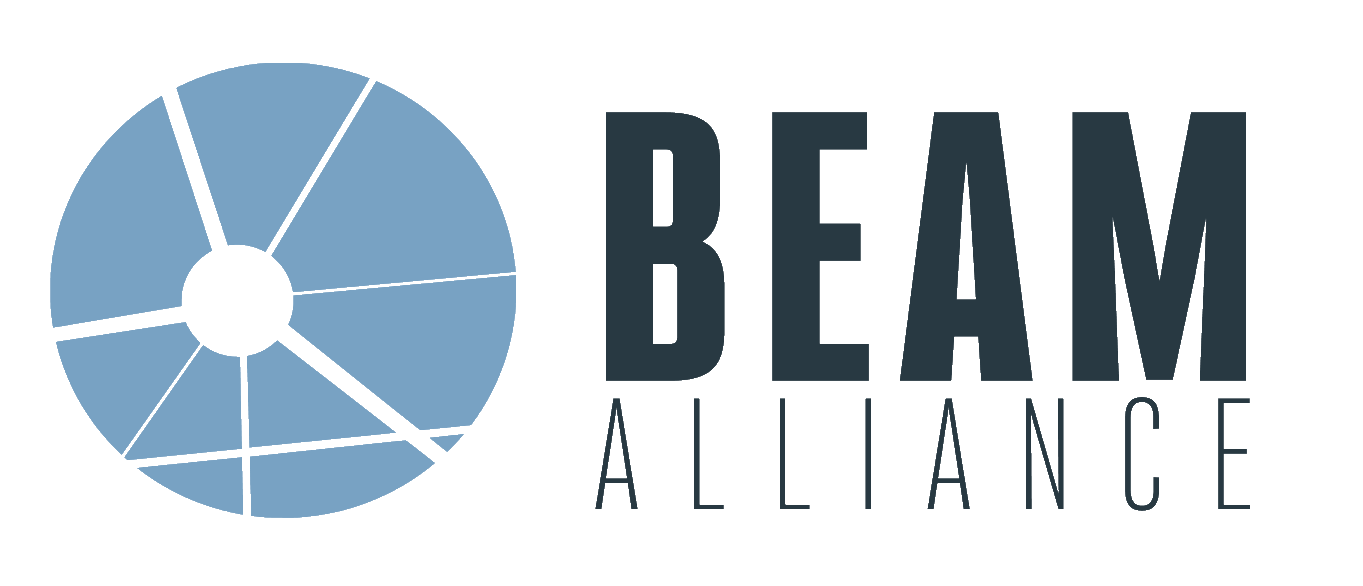Towards a functioning AMR market: 4 pillars for a PULL incentive in Europe
- BEAM Alliance

As the threat of an AMR pandemic looms, the innovation engine that is supposed to find solutions to the emerging resistant pathogens is still idling. This year, 2022, will see the European Commission make its proposal for a revision of European Pharmaceutical Legislation. This is a unique opportunity to address the market failure that is disrupting the proper functioning of the entire AMR ecosystem. BEAM Alliance presents its thoughts on how to ensure changes also considers the reality of SMEs.
An important moment to tackle the AMR market failure
Over the past few years, the BEAM Alliance has worked to ensure that the important role of SMEs in innovation in the AMR sector is recognised. Marc Gitzinger, Vice President of the BEAM Alliance, shared his thoughts on the importance listening to SMEs : “SMEs hold >80% of the global development pipeline of novel antimicrobials, thus being a very important stakeholder in preventing the silent pandemic of AMR. The revision of the European pharmaceutical legislation offers a unique opportunity to address the market failure issue around one of the most important drug classes of humankind, antimicrobials. AMR is on the top of the agenda of the G7, the G20 and many other governments as well as European decision-making bodies, as it poses a formidable threat to modern healthcare. Now is the time to lay the foundations to prepare for the threats that AMR and infectious diseases pose for the future and to adequately recognize the value of getting ahead of the issue. As realization that volume-based sales don’t make sense for products necessary for pandemic preparedness, BEAM Alliance proposes solutions to solve the market failure and reward innovation adequately to retain a functioning ecosystem delivering much needed novel antimicrobials that would safeguard EU citizens from the AMR threat. We are looking forward to continuing the fruitful discussion with all stakeholders putting the proposed measures in place. ”
4 pillars for an effective PULL incentive mechanism in Europe
BEAM Alliance today released its new position paper outlining 5 pillars for an effective AMR market support mechanism. Such a mechanism must be able to:
#1 Protect the efficacy of existing antimicrobials while promoting the development of new ones with proven clinical utility.
#2 Enable SMEs, who are at the forefront of designing new antimicrobials, to attract private capital at an early stage of development with predictable market prospects. To achieve this, the mechanism must partially de-link revenues from sales volume. And the necessary guardrails must remain reasonable given the resources of SMEs.
#3 Reward innovation: At EU level, the Transfer Exclusivity Extension (TEE) is the best option achieving this goal, as it is simple to implement, offers predictability and rewards investment in innovation. The additional financial burden on EU healthcare systems is dwarfed by the positive effect on pandemic preparedness.
#4 Ensure access to appropriate treatment for patients in need: Given the national competences in the EU27, national subscription contracts are best suited warranting access to appropriate treatments and thus complementing the EU regulated Transfer Exclusivity Extension.
With a hybrid model national competence remains intact on deciding the size of subscription models based on local needs. An EU wide Transfer Exclusivity Extension ensures adequate reward for innovation at an affordable cost, thus fuelling a sustainable pipeline of much needed novel antimicrobials.
Bottomline: The proposed hybrid model offers a balanced and long-term solution that creates a robust innovation environment that is ready to tackle the silent pandemic of AMR.
For a more comprehensive view of the above thoughts, we invite you to download the full paper here.

